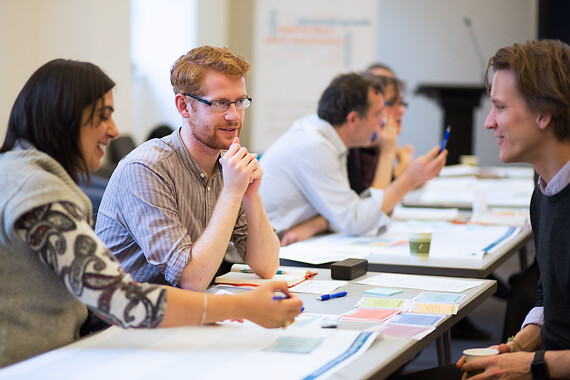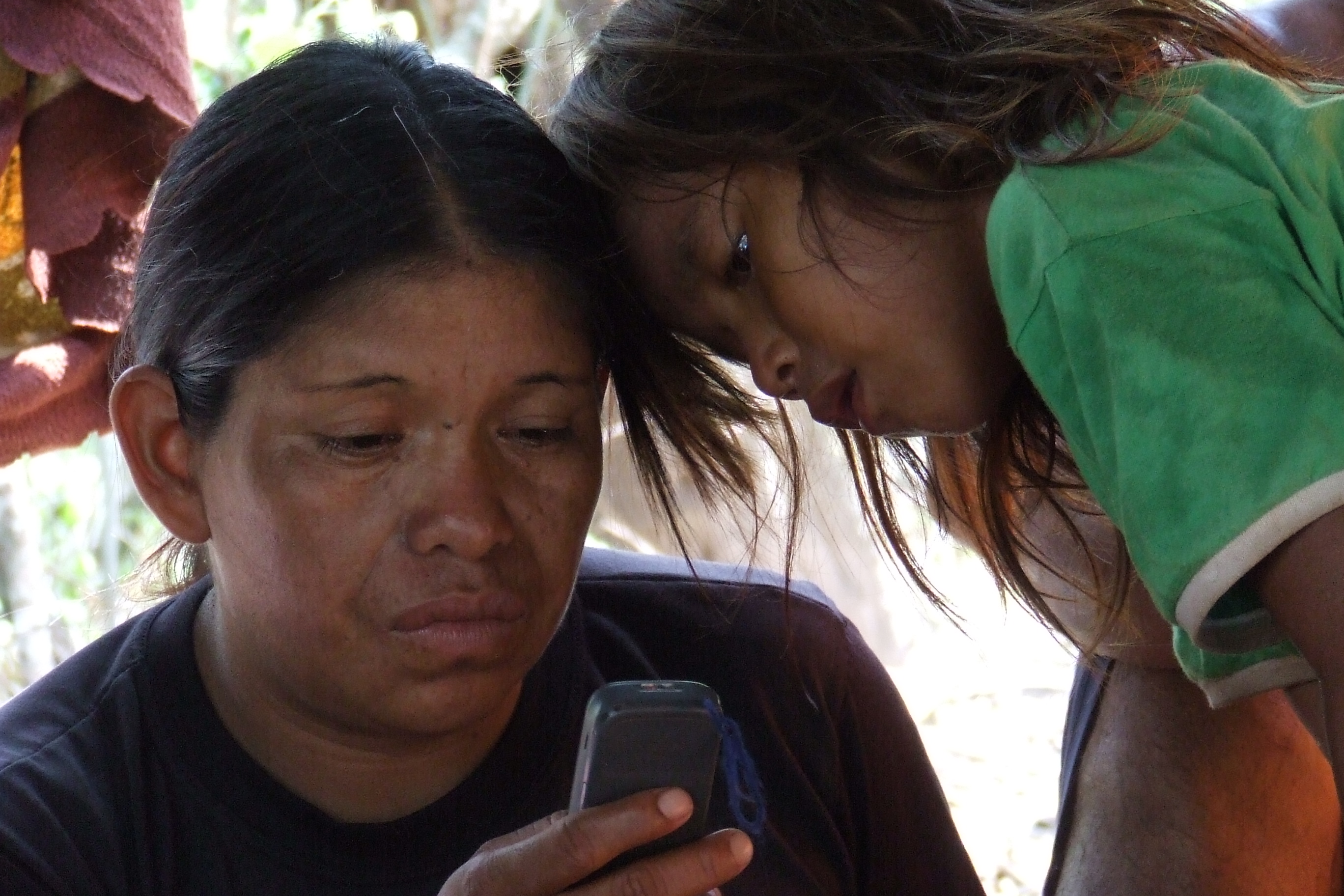Centre for Digital Anthropology
Upcoming events and stuff
Events
15 January – The Annual Lecture for the Centre of Digital Anthropology
To be given by Nick Seaver of Tufts University.
Digital Anthropology brown bag seminars
Wednesdays 1.00 - 2.00pm | Daryll Forde Seminar Room | Department of Anthropology
Bring your own lunch!
17 January – Harshadha (Harsha) Balasubramanian (UCL)
“Designing Non-visual Access to Virtual Reality with Independent Artists from the UK”
At a moment when the hype around virtual reality (VR) is sharply declining, why are some independent artists still hoping for the medium to be accessed by new audiences, particularly in non-visual ways? How are these VR novices transforming digital accessibility through their approaches and justifications rooted in “art work”- performance, film, fashion, and photography? What might all this mean for virtual, reality, and the in-between?
Please come to co-reflect by means of, as my interlocutors would say, dialogue, description, and performance.
Harshadha (Harsha) Balasubramanian (UCL) is a PhD candidate in the Centre for Digital Anthropology at UCL and teaches on inclusive design at the Royal College of Art.
31 January – Abhishek Mohanty (SOAS)
“Intersectional Analytics: Classical ethnography in an emergent Digital World”
During my fieldwork, I adopted an intersectional analytic. This was a response to the diversity of my fieldsites and the issues of comparison. In particular, I will talk about this experience of (and what it means to be) carrying out classical ethnography on an evolving and emergent digital world.
Abhishek Mohanty is a PhD researcher in Social Anthropology at SOAS, studying how health app start-ups imagine futures. He also teaches a module on the anthropological perspectives of AI and social robotics. His background includes management consulting and entrepreneurship with prior research on teleconsultation (India), online representations of mask-wearing (UK), alternative ontologies adopted by tech start-up founders (India), online governance during COVID19 (UK), as well as propositions curated in digital spaces by tech companies (India and Romania).
21 February – Amelia Hassoun (Cambridge)
“Making Space for the Future: Imagining the Smart Nation in Singapore”
This project focused on the way the state and other institutions in Singapore imagined and then built smart homes intended to help working people monitor the health and movements of their elder relatives at home. This included ethnography both with those involved in creating this smart housing and those who ended up living there.
Amelia Hassoun is a Junior Research Fellow at Darwin College, University of Cambridge and a Research Fellow at the Minderoo Centre for Technology and Democracy, University of Cambridge. She obtained her PhD while based at the Oxford Institute of Internet Studies.
20 March – Jennifer Cearns (UCL)
“Kinship as code: generating personhood and afterlives through AI”
Drawing on anthropological theories of personhood, dividuality and affect theory, this talk examines how emerging generative AI technologies are used to maintain relationships with departed loved ones and considers this development within the broader trajectory of the use of the techno-material to commemorate and actualise human relationships. Using code to define the ‘edges’ of the self creates new engagements with questions of both self and relatedness.
Jennifer Cearns obtained her PhD at the Dept. of Anthropology UCL and is an Affiliate Research Fellow of the Centre of Digital Anthropology and of the Alan Turing Institute, whose research addresses AI in the realm of the (inter)subjective. Her current project considers how AI might simulate empathy within the context of digital mental healthcare. She is author of Circulating Culture (University of Florida Press, 2023) and co-editor of Contraband Cultures (UCL Press, 2024).
Stuff
NEW WEBSITE - PUTTING DATA JUSTICE IN CONTEXT
This website which has just been launched can be found at https://www.datajusticeincontext.com/ examines the anthropological contribution to what does data justice mean in different places, at different times, and for different people? An initiative in which Tone Walford has been deeply involved, It will provide information on seminars, publications and other events associated with this initiative.
THE TIKTOK ETHNOGRAPHIC COLLECTIVE :
The TikTok Ethnography Collective www.tiktokethnography.com is a collaborative research project that brings together undergraduates, postgraduates, lecturers, professors, and non-university members, to conduct research on the social media, micro- vlogging platform TikTok. This research has two main aims: 1) Explore what an ethnographic approach can offer understandings of TikTok. 2) Experiment with the anthropological and pedagogical possibilities of collaboration.
As a collective, they run workshops, conduct interviews, engage in creative writing and drawing, and explore other ways in which we can ethnographically engage with TikTok. They are always open to new members and collaborators. If you are interested in getting involved with the work the collective is doing, please get in touch with Elena Liber (e.liber@ucl.ac.uk), Yathukulan Yogarajah (y.yogarajah@ucl.ac.uk), Toby Austin Locke (toby.locke@ucl.ac.uk)
GAMES FOR WELFARE 1
A game/quiz created by Daniel Miller and Sheba Mohammid may be downloaded from your phones as Trini Food Quiz. The game was devised largely on the basis of ethnographic research and is designed to provide knowledge linking diet to hypertension which is a major cause of death in Trinidad and Tobago. But you may not do very well in the quiz as one of its features is that it was designed to be very local to Trinidad and Tobago. The game has been very successful in terms of downloads and comments. We hope to also assess its subsequent impact on health. Link to Google Play. Link to App Store
GAMES FOR WELFARE 2
A game called Move Quietly and Tend Things has been created by Kellynn Wee. This is a tabletop role-playing game. It invites you to explore the mysterious origins of a bittersweet utopia set in the ruins of a post climate collapse Southeast Asia. The game asks questions around community-making, more-than-human relations and culpability.
EASA NETWORK
Obviously relevant to us is a new European Network for Digital Anthropology (ENDA) which has been established by EASA. They hope to establish an email list soon.
 Close
Close




